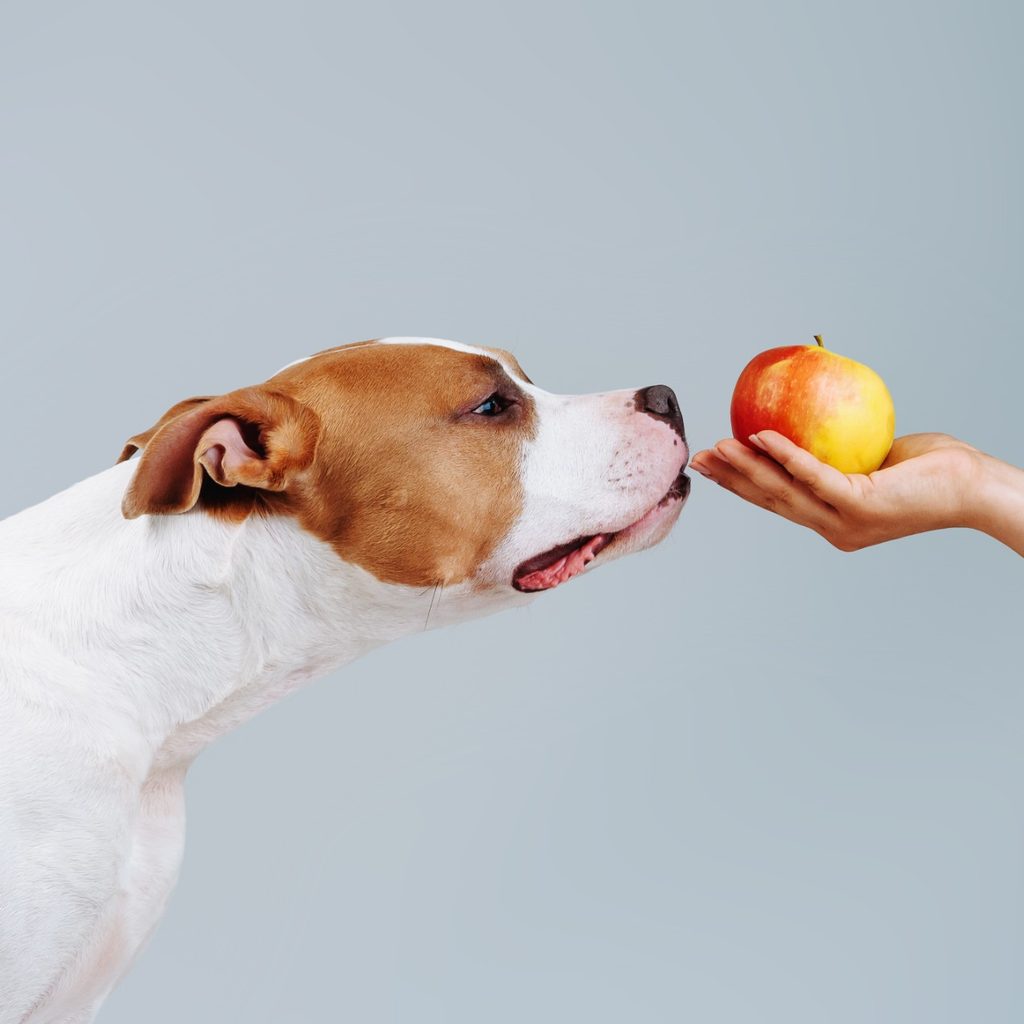Picking out the right pet can seem daunting — but it doesn’t have to be! There’s a pet out there that fits each individual’s personality — it’s just a matter of figuring out what pet that is for you. Remember that wild animals should never be kept as pets. Ponder the following questions to help decide on the ideal pet for you.
How much do you want to interact with your pet?

Whether you want to teach your pet tricks, play with them, or just observe them, you should consider the activity level of any one pet. Moreover, some pets crave human interaction, while others don’t like it at all. Dogs, cats, and rats all generally enjoy being handled and are social, whereas some reptiles and other small rodents (such as guinea pigs) would usually prefer to be left alone. Is an animal more active at night? Can they be held? Can they be walked on a leash? Can they be taught tricks or otherwise socialized with? Compatible personalities are another component of finding your best match. An introverted person may like rabbits, which are quiet, over a dog, for instance.
How much time do you have to spend with your pet?
Again, some animals need social interaction with humans. Your activity level is also an important factor when choosing a pet. Do you have enough time every day to spend playing with a dog? In the case of farm animals, are you available early in the morning to feed them? How often do you want to change litter or bedding? And if you are typically sedentary, can you find time in your day to exercise an animal that needs it, such as a riding horse? If you don’t have much free time, fish are probably your best bet for a pet, as they generally only have to be fed once a day and can’t socialize.
Are you squeamish about feeding live or killed animals to an animal?
A number of animals, especially amphibians and reptiles, eat insects and rodents. While insects are usually served alive and rodents are served dead, the opposite may also be true. If you’re not willing to feed whole animals as food, then you should stay away from amphibian and reptilian pets. Instead, you might want to go for an herbivorous pet — many rodents are herbivores. If you are comfortable with feeding meat to your pet, you should also know that cats and dogs can eat cooked meats.
What is your budget for a pet and supplies?

You can get a pet from the shelter for a low price or sometimes even for free, or you can spend thousands on a purebred animal. Large animals, like cows, tend to cost a bit no matter their breed. Besides the cost of the pet, you need to factor in costs associated with their enclosure and diet. Some reptiles require a heat lamp and substrate that should be changed regularly, as well as fresh food. Going along with supplies, do you have the resources available to keep a pet in an enclosed yard or a barn? Also, keep in mind any potential costs associated with pet sitting in case you take a vacation and don’t take your pet with you.
Who will be caring for the animal?
Remember to consider who will take on the role of primary caregiver when you are in the midst of choosing the right family pet. Are you, as a parent, willing to pick up the slack if your child doesn’t fulfill their duties? Pets can be a fantastic lesson in responsibility, but they can also be a frustration for parents if their child isn’t fully invested in the animal. Dogs must go on walks, particularly if you don’t have an enclosed yard. Horses are usually turned out in a pasture during the day, as are other farm animals. Don’t expect too much from children in terms of taking care of pets when starting out.
Choosing a pet for you or your family can be an exciting experience! Just ensure that you contemplate your needs and those of an animal. Not every animal is right for every person, and vice versa. But with time and diligence, you’ll be able to decide on the perfect animal for you.



